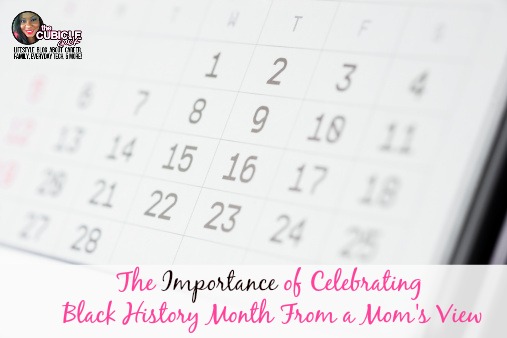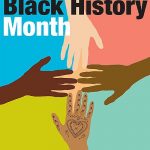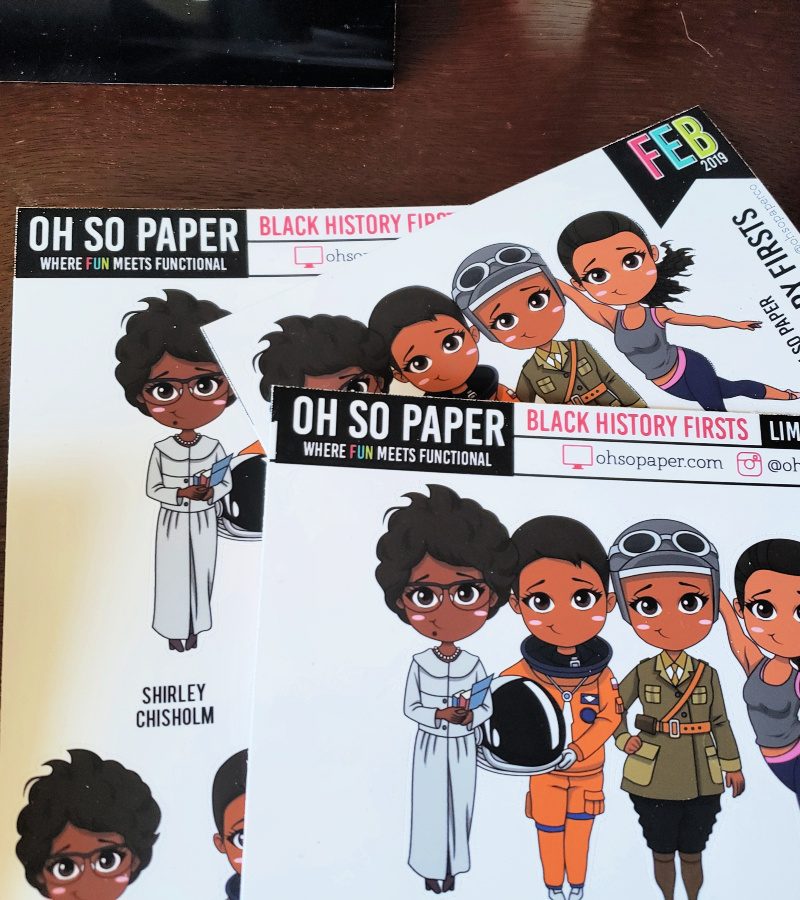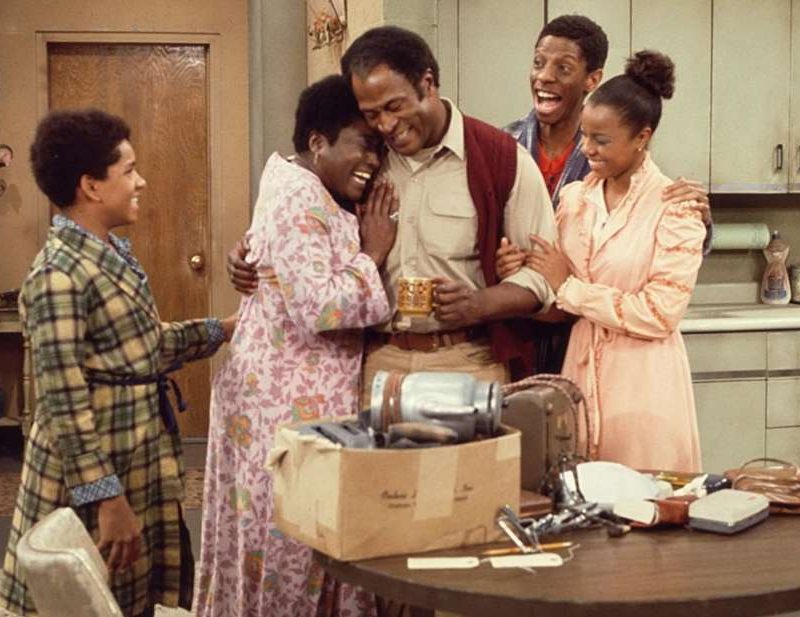“Negro History Week” was born in 1925 and celebrated for the entire month of February in 1976. Carter G. Woodson and his organization the Association for the Study of Negro Life and History (ASNLH) thought up this celebration week to bring much needed “awareness to African American’s contributions to civilization.”
As Black History Month is upon us and I see pictures of Araminta Ross (Harriet Tubman), Frederick Douglas, Nat Turner and countless other African Americans and my heart fills up with both pride and sadness. Celebrating Black History Month is much more than reading about slavery, the freedom trail and injustice to African Americans. Learning about these issues is extremely important but it’s not at the heart of why celebrating and educating myself, daughter and others is imperative.
The resilience and strength of a people – a people who weren’t respected as individuals, who were beaten, raped, lynched, burned, forced to live in horrendous conditions – that is why I celebrate. It would seem like all the odds were against African Americans, that they were doomed to just be Black and die. Slavery can enslave a person, but it doesn’t enslave their soul. Black History is a celebration of the spirits of African Americans; known and un-known who endured cruel treatment, who helped others, who sacrificed, who didn’t give up, who made significant contributions to society. It’s a celebration of those who refused to treat African American’s as an alien race because of our beautiful brown skin. It’s a celebration of the many achievements African American’s have made throughout our nation’s history, that have made our nation stronger and richer.
5 Black History Month Fast Facts:
- Sojourner Truth’s birth name was Isabella Baumfree. When Sojourner’s son, who had been emancipated under New York law, was sold into slavery in Alabama, she sued to have him returned and won.
- In 1896 the Supreme Court decides in the Plessy Vs. Ferguson case that “separate but equal” satisfies the 14th amendment which gives legal sanction to “Jim Crow” segregation laws.
- Over 200,000 people March on Washington for Jobs and Freedom in 1963, convening at the Lincoln Memorial where Dr. Martin Luther King Jr. makes a famous speech about racial harmony that begins with “I have a dream…”
- Toni Morrison is awarded the Nobel Prize in Literature in 1993 becoming the first African-American to win the highest literary honor in the world.
- 300 Tuskegee Airmen (or their widows) were bestowed the Congressional Gold Medal at the US Capitol in 2007. The Tuskegee Airmen were the first all-black aerial units; they served during World War II. Together, they earned hundreds of Air Medals and other accolades for their service.
More than anything, Black History Month is a time of communication and education – both essential for the growth of our society. Hopefully through learning and educating ourselves about our history – both good and bad – we can move forward as a more supportive society. While there is much controversy over the necessity of a month to focus on African American history, one thing remains certain:”black history is American history” and that is what makes this month crucial. And because issues of race are still very much present in today’s society, we must continue to talk about the past, learn from it, and teach our children to be kind to one another, and appreciate other people’s ideas and experiences.
Did You Know:
- Sojourner Truth’s birth name was Isabella Baumfree. When Sojourner’s son, who had been emancipated under New York law, was sold into slavery in Alabama, she sued to have him returned and won.
- The Fugitive Slave Act of 1793 was strengthened in 1850 as a law that enforced the capture of run-away slaves in both free and slave states by fining and holding anyone, including federal officials, responsible for aiding run-away slaves.
- In 1896 The Supreme Court decides in the Plessy Vs. Ferguson case that “separate but equal” satisfies the 14th amendment which gives legal sanction to “Jim Crow” segregation laws.
- The National Association for the Advancement of Colored People, NAACP, is founded by W.E.B Dubois, Ida B. Wells-Barnett, Henry Moscowitz , Mary White Ovington, Oswald Garrison Villard, and William English Walling in 1909 as an interracial organization “to promote equality of rights and to eradicate caste or race prejudice among the citizens of the United States; to advance the interest of colored citizens; to secure for them impartial suffrage; and to increase their opportunities for securing justice in the courts, education for the children, employment according to their ability and complete equality before law.”
- The Tuskegee Experiment, a forty year-long experiment which began in 193s in which 399 African-American men infected with Syphilis, near Tuskegee, Alabama are denied treatment in order to study the effects of the disease begins. The experiment is leaked to the press by Peter Buxton, a Public Health Service investigator and is subsequently ended in 1972.
- Over 200,000 people March on Washington for Jobs and Freedom in 1963, convening at the Lincoln Memorial where Dr. Martin Luther King Jr. makes a famous speech about racial harmony that begins with “I have a dream…”
As a mom, I feel it is important for me to not only celebrate the month with pride, but also use it to educate my daughter and others around me.
Thoughts?
Reference links:
http://www.biography.com/tv/
http://www.



























Leave a Reply